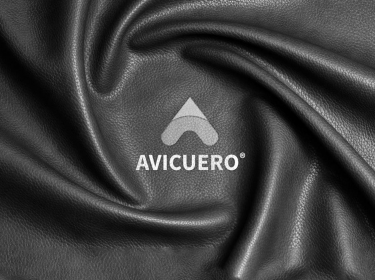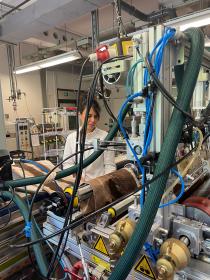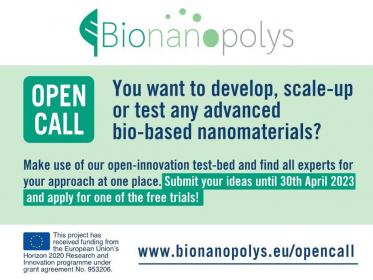Trumpler and Archroma launch tanning process for leather production
Trumpler has teamed up with Archroma to offer a leather production process that can be used to produce high-performance leather in a more eco-friendly and cost-efficient way.
The new process DyTan®combines offers an alternative to existing metal-free and chrome-tanned leather. It enables the reliable production of leather with great shavability, color depth and migration and abrasion resistance. Free from metal salts and reactive aldehydes, DyTan® is suitable for a wide range of leather applications, from garment and footwear to automotive and furniture upholstery, for today’s eco-conscious leather producers and consumers.
At the core of the DyTan® process is Archroma’s patented AVICUERO® System, which is based on novel molecules that enable more sustainable leather tanning and dyeing, developed by Archroma in cooperation with leather technology consultant Dr Leather. It enables collagen fibers in the leather to be covalently cross-linked through a simplified process at low temperatures. As a result, the system shows strong potential to save energy and water, while also reducing process time and CO2 emissions by up to 23%.*
The DyTan® process combines the AVICUERO® System with Trumpler’s bio-based fatliquors and retanning agents based on functional biopolymers produced from hydrolyzed shavings – resource-saving technology that Trumpler has been refining for 15 years.
As a global partner of Archroma, the Trumpler Group is responsible for the distribution of the AVICUERO® System worldwide. Delivering technical support and first-class customer care, Trumpler will help leather manufacturers and brands to implement sustainable tanning and draw on its comprehensive product portfolio and process knowledge of tanning, retanning and fatliquoring processes.
* Estimations carried out with the Archroma ONE WAY Impact Calculator show energy savings of up to 25% and reduced process time leading to a reduction in CO2 emissions of up to 23%, compared to traditional chrome tanning. They also show significant water savings compared to other metal-free tanning systems1. With the ONE WAY Impact Calculator, customers will be offered personalized calculations for their specific processes.
1 Trials made at Trumpler GmbH application lab.
Archroma













